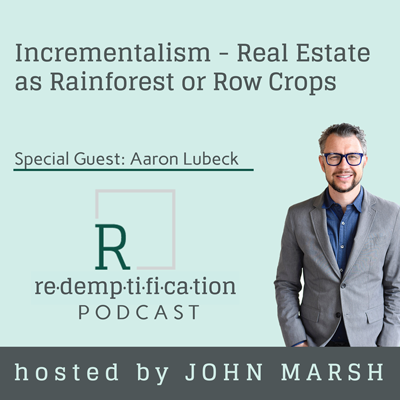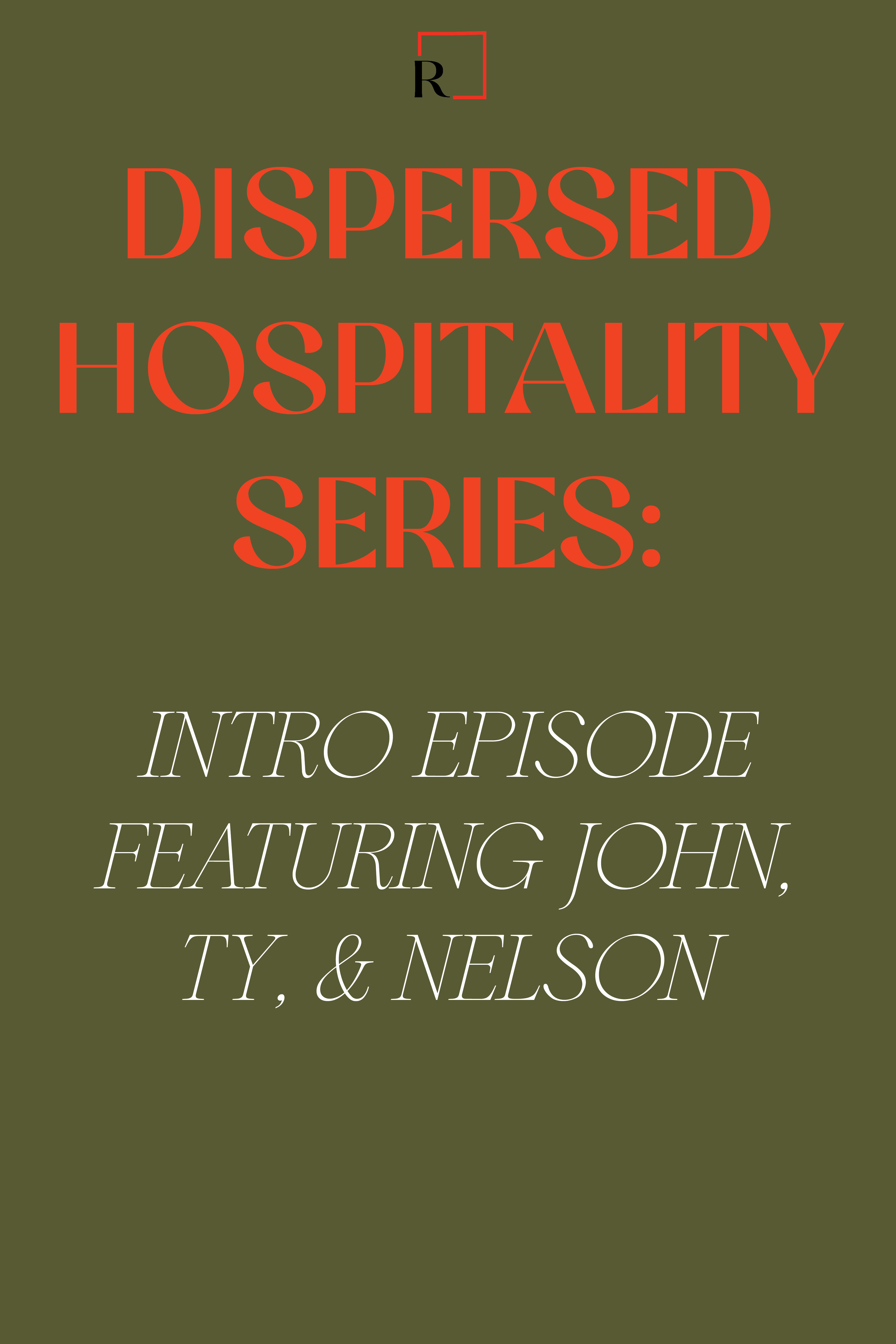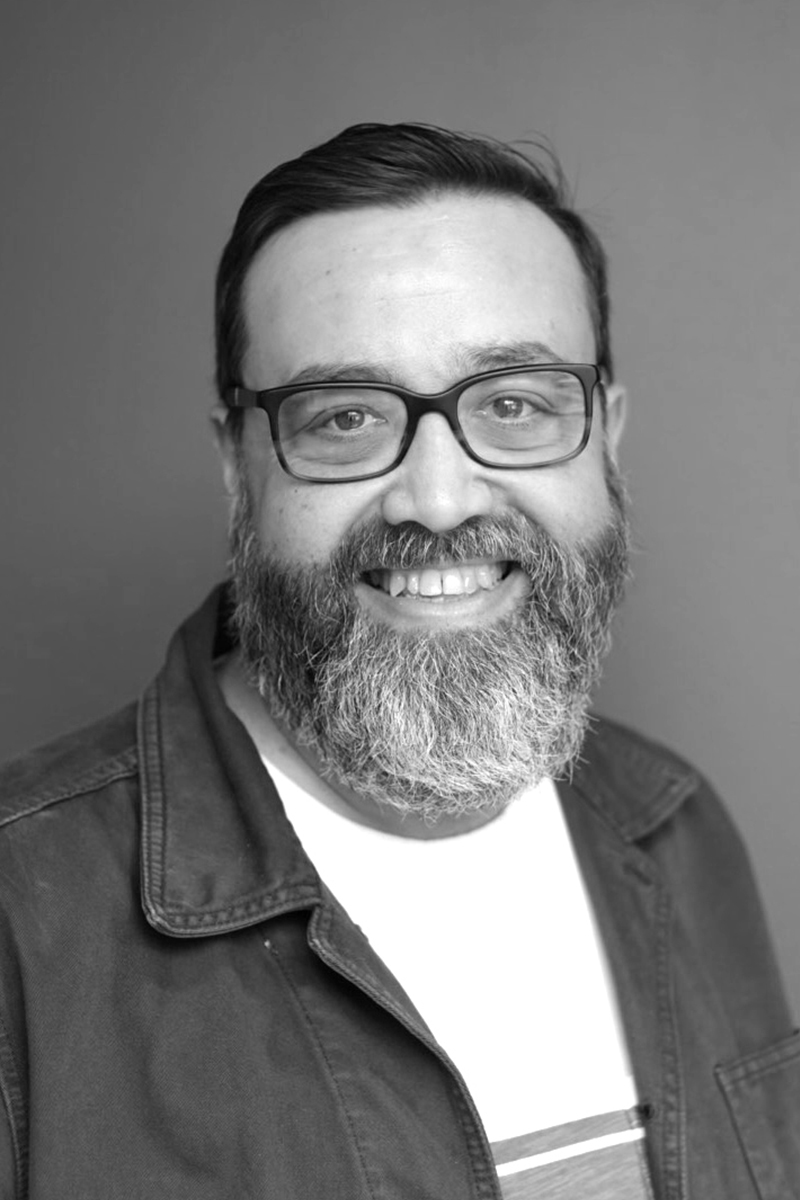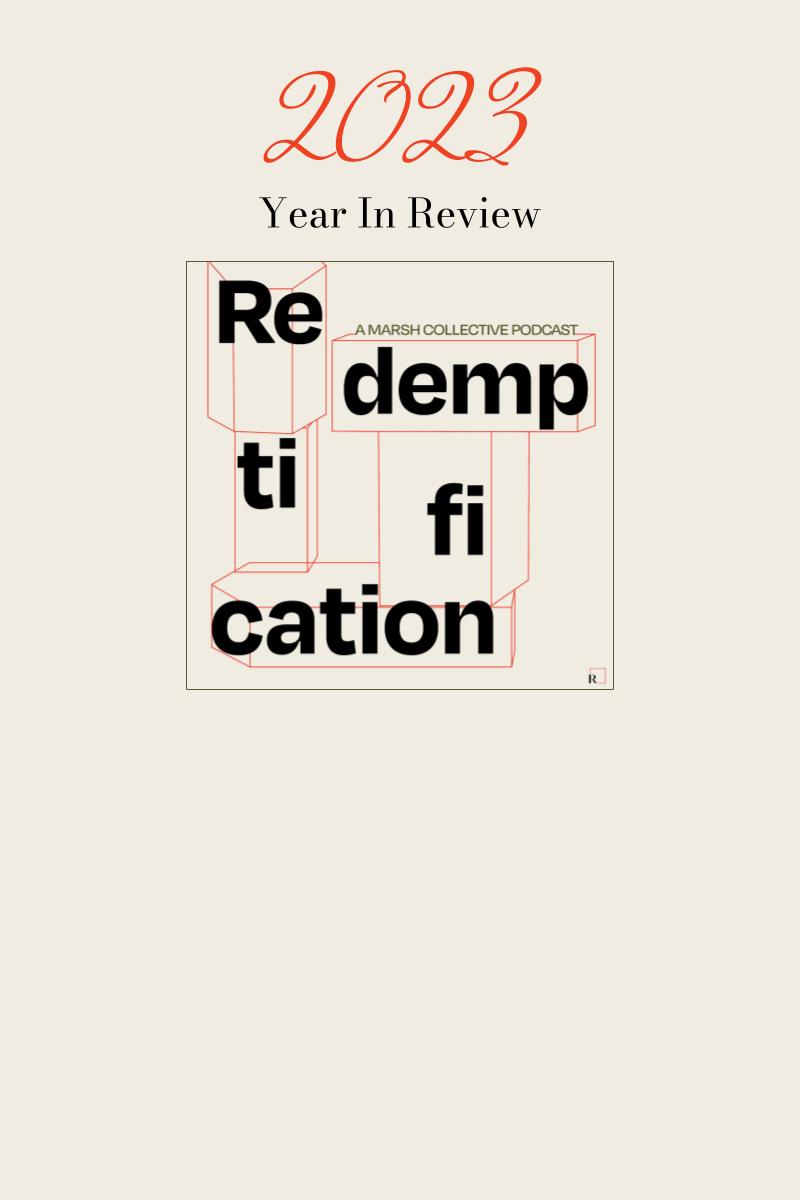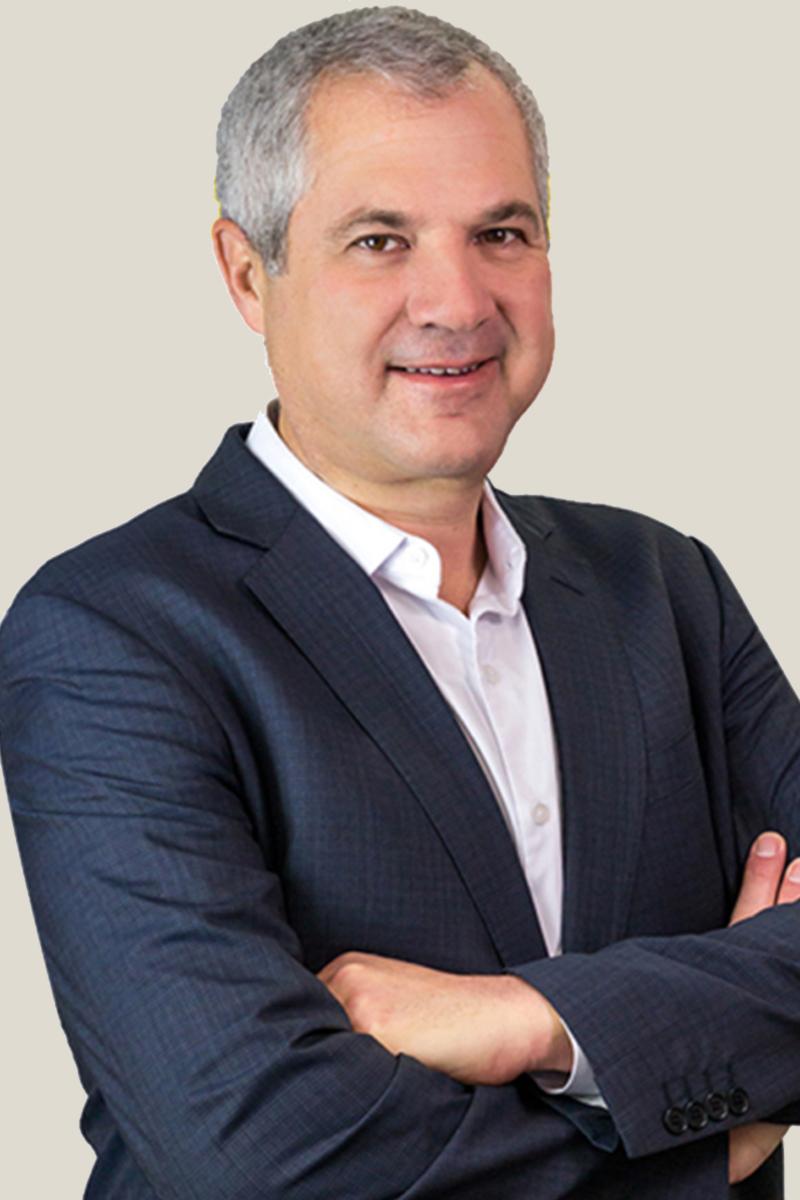Incrementalism – Real Estate as Rainforest or Row Crops with special guest Aaron Lubeck
Aaron’s company UNIVERSITY CITY is a design/ build company focused on infill development. Aaron is a faculty member with INCREMENTAL DEV. ALLIANCE., on the BOARD OF NTBA – NATIONAL TOWN BUILDING ASSOCIATION and HOST NTBA PODCAST.
University City is a Full service development specialist delivering New Urban infill development in central North Carolina in Durham, North Carolina and specializes in full service residential design and construction
Insights & Inspirations
- …small cities have gone through this cycle where they just become places where small builders can’t practice, and everybody decamps to the next town and then does it there. And then it becomes, luxurized or gentrified or yuppified or whatever you might call it. And then everybody has to push it on again. And it’s frustrating to see because ultimately I think all these cities thrive when small practitioners, young people can participate in their communities, and it’s challenging in hot markets where it seems we’re having less of those opportunities as opposed to more, and that means something’s wrong. – Aaron Lubeck
- (Andres Duany says)…there’s this season where the places grow up and the artists come first and their risk oblivious. And then it comes in the developers and guys like us we’re risk aware. And then the end stages are the risk averse and those people that come in and want to just buy safety and security and their investment.
- (Incrementalism) First it was little stuff, a duplex, a house, and you just learn to go and do the trades and it also makes you pretty darn efficient and you’ve got to be resourceful. – John Marsh
- And so there’s no way to actually learn these skills through reading about it, through studying it at all. You just have to go out and do it.- Aaron Lubeck
- The challenge of scale in incrementalism, how do we get any scale? – John Marsh
- In some ways I think it’s a beautiful thing that incrementalism is not scalable. If it was scalable Wall Street guys would be doing it. And then some of the authenticity that you see in Opelika, Durham is just, can’t be reproduced by Wall Street, the same.. .- Aaron Lubeck
- Suburbs are scalable, it’s the same thing, copy paste, copy paste, copy paste. Everything’s predictable, nothing changes. There’s no elasticity..- Aaron Lubeck
- And so there is some beauty in inefficiency. There’s no question, and in fact most things that are beautiful are inefficient, every little Italian town on the hillside, beautifully inefficient and is lovely for that reason. – Aaron Lubeck
- …interesting how even the people who were doing the best work have short housing horizon, their timescale of what they think of this stuff.- Aaron Lubeck
- …the greenest buildings we could do today exist, and we can come in and love them. – John Marsh
- We say that now the builders of today, the developers are really private equity guys, a lot of times, not master builders. – John Marsh
- There’s a concept we were playing with a few years ago called the housing horizon. And it would be defined as what is the longest time in years out, you can extrapolate the effects, the costs and benefits of the decisions you’re making today. – Aaron Lubeck
- … probably 100, 150 years ago, if you were building a house, you were likely to build it with your own hands. You were likely to build it as your family’s forever home. That was your horizon. It was beyond your lifetime into your children’s lifetime, that was your horizon. – Aaron Lubeck
- Market studies are inherently backward looking, they are presumed to predict the future. They’re presented as if we can predict what your building will rent for, sell for. They are inherently backward-looking – Aaron Lubeck
- I do think that that brotherhood or camaraderie does exist in the incremental world. It does exist in the new urbanist world. I don’t think it exists in the macro world. DR Horton and KB Homes are not doing that. – Aaron Lubeck
- the day I realize that if someone rented from me, they work for me.- John Marsh
- There’s a great quote by Amory Lovins the executive director of the Rocky Mountain Institute. He said, “You know you’re on the right path when you’re solving problems you didn’t even know you’re working on.” – Aaron Lubeck
- The genius we have is in the fact that we make the place, or what we call redemtify the place, or bringing back to something that it had the potential to be, but people didn’t see it because everywhere we’re going, people either say it’s impossible, or maybe just slightly turned into possible. And we push them to probable. – John Marsh
- And loving it is the key. We say that love is the difference maker. It’s the environment of change and where things can flourish. – John Marsh
- One great restaurant in a town can make a town desirable. – John Marsh
- I think in flushing out this analogy, we think rainforests are the products of centuries, if not millenniums of chaotic beautiful, organic nature, things work, things don’t, they fail when things do fail, new things arise, sometimes better things rise. And over the course of centuries, you get the most rich environment on earth, we’re where magic happens, where miracles happen.- Aaron Lubeck
- You can tell the difference in someone who’s intentional. I love one last thing that you did say too, that I thought complexity favors the connected, in our code is pretty darn complex and planning and things.- John Marsh
Information & Links
Closing Questions
What have you read that we should read?
- Shop Class as Soul Craft by Matthew Crawford
- Sacred Pace by Terry Looper
Who do you know that we should know?
Where have you been that we should go?
